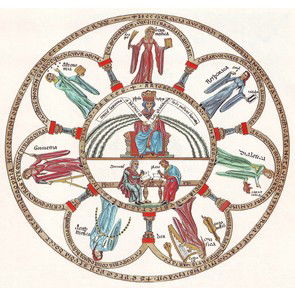
A Liberal Arts Course Trivia Quiz
The study of the disciplines considered the Liberal Arts has been the basis of much education since ancient times. They cover many areas, characterised by the fact that they are not primarily vocational, technical or religious in their focus.
by looney_tunes.
Estimated time: 3 mins.